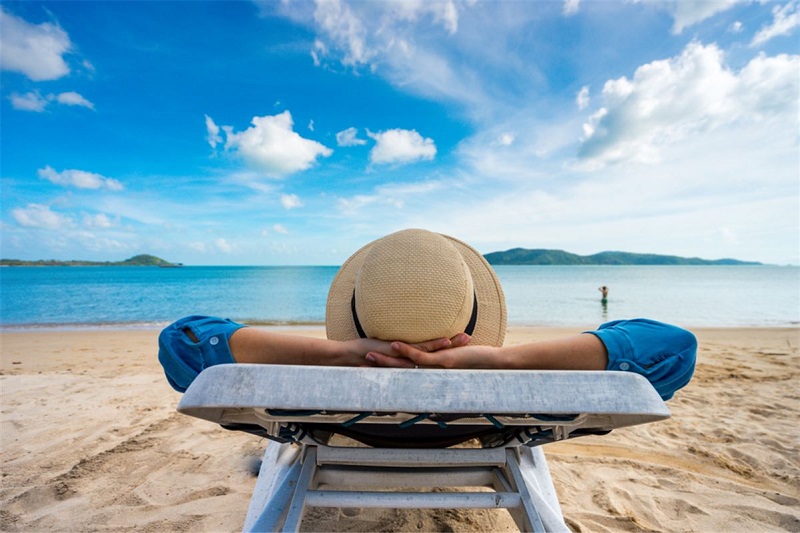Tip #1
Let’s try the 10-3-2-1-0 method together this week. It claims that you can improve your productivity significantly if you follow these simple rules:
- 10 hours before bed: No more caffeine
- 3 hours before bed: No more food or alcohol
- 2 hours before bed: No more work
- 1 hour before bed: No more screen time
- 0: The number of times you hit the snooze button in the morning
This method allows you to you sleep better, so that you’ll be well rested and able to jump into your tasks each day and be more productive as a result.
If you’re not currently in the habit of doing the above, you can try and rest all at once. Or if you are like me and fall asleep reading your Kindle (or staring at your phone screen) every night, try to do it once at a day. Shedding that habit would definitely be the hardest for me.
Tip #2 – Filter you screens
The blue light our screens beam at us could disturb our Circadian rhythm. If you use your smartphone a lot at night and have trouble falling asleep, try installing a screen filter that has a red tint.
Tip #3 – Take breaks at work
When I was a university student I used the Pomodoro Method with great success. A Pomodoro cycle includes 25 minutes of concentrated work and five minutes of rest. After four cycles take a longer, 15-minute rest period.
.jpg)
With Pomodoro I was able to study for an exam from 8AM to 8PM without losing focus. The most important part of Pomodoro is taking the regular rests. You should not skip them even during the first cycle as it would affect your performance and concentration in the following Pomodoros.
Tip #4 – Go to sleep early
Research says that going to sleep early is better for our health and the sleep we take between 10PM and 2AM is the most important of them all. Go to sleep before 10PM today!

Tip #5 – Bring in the essential oils
Lavender oil can help ease anxiety when you can’t fall asleep because thoughts and worries are rushing through your head. You can have a nice cup of lavender tea before bed, evaporate lavender oil, or put a small sack of lavenders next to your pillow. If you don’t like the smell of lavender you can have similar benefits with lemon balm. Be careful if you have allergies.
Power naps
A power nap is a short sleep, which you take in addition to your longer (nightly) sleep. The purpose of this short sleep is to get refreshed or to counteract the effects of not sleeping enough in the night. You need to figure out how much time you need and you’ll usually see the best results with around 20 minutes. But be careful with power naps as if you fall into the slow-wave sleep phase it might be more difficult to wake yourself up and you could potentially feel very groggy. There is anecdotal evidence of famous people taking power naps, Albert Einstein, Thomas Edison, Salvador Dalí, to name a few. They say Dalí took his naps in a rocking chair while holding a key in his hands over a plate on the floor. Just before he’d fall into a deep sleep he’d drop the key and wake up to the sound of it. If you try Dalí’s method, please make sure to send us a photo of your setup.












Replies to This Discussion